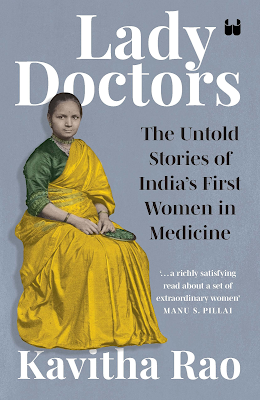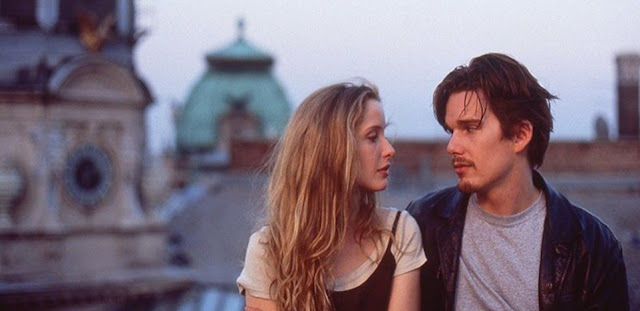Lady Doctors
What would it be like for a girl of impressionable age to be surrounded by intellectual minds - progressive Brahmo samaj, nationalists, writers, poets and passionate orators. What would it have been like to see the best and worst of worlds - sheer support for the women’s education and stark criticism for the same citing Hindu religion and conservative traditions as the foremost reason.
Reading these chapters I wonder, what would our world be if these women and their supporters didn’t exist. Sati system wouldn’t have been abolished. Young widows would still be force fed opium and dragged to their dead husband’s pyre. Child marriage would not have been made punishable offence. Widow remarriage would have been viewed with censure and scorn by society till date. Girls would be still seen as anomalies in a male dominated classroom and workplace. The right to vote would have been still reserved for the men. And devadasi system would still be prevailing under the staunch conservative Brahmin patriarchs.
We owe our entire existence, our privilege to those who came before us and had the courage to stand against a whole system of oppression carried out in the name of religion and tradition. Yesterday I read a Instagram post on the definition of ‘Tradition’ - ‘peer pressure from dead people’. So apt. Some had left behind memoirs and journals so we know about them. Yet there must be many who have left no trace behind, and these unnamed souls paved the way for future generations. Their journey from a cloistered existence in their home, to choosing and chartering their own paths, braving prejudice and the risk of being an outcast in their birthplace, reading about these women fills one with pride and courage. Not only women, but men in the role of husbands or fathers or guides, harboring a belief system way ahead of that time, helped pass never-heard-before laws and allowances to women in the 1800s. We owe them our present.









Comments
Post a Comment